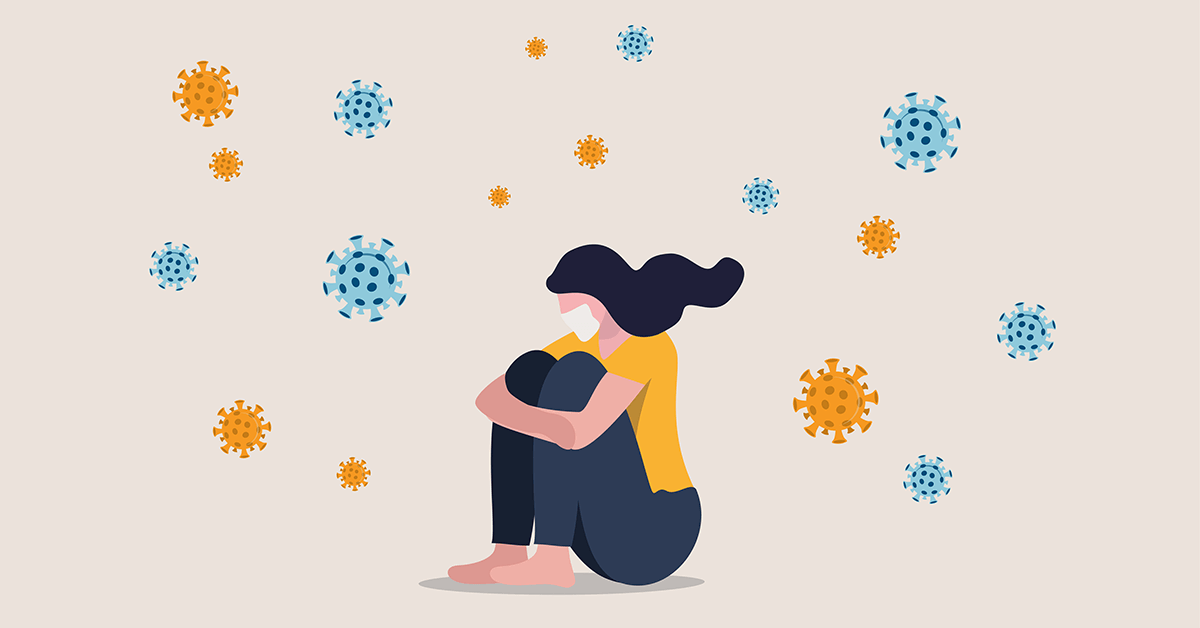Coping with COVID: Changes and Fatigue
Erin Dass explains how to cope with covid


Over the course of the past two years, we have probably all faced changes brought by COVID-19. People have had sudden transitions, like going from in-person classes to online or having childcare to having to work from home with kids. Relationships have shifted – for some, conflict escalated, while for others distance/disconnection occurred. There has been a rise in mental and emotional struggles and a great decline in physical health. People have had many losses: the loss of loved ones, jobs, support systems, and a sense of self.
These changes have put some of us in a constant state of uncertainty, anxiety, frustration, or grief. These feelings can pile up and cause what doctors and researchers are calling ‘quarantine fatigue’. Quarantine fatigue is described as exhaustion that comes from the emotional stress of our present circumstances (Shah, 2022). When the pandemic started and initial stressors arose, our natural response was to go into a fight-or-flight mode. The fight-or-flight response is our bodies’ natural way of reacting to any sort of stressor, no matter how big or small.
Our fight-or-flight response begins in the limbic system, which is the system that is the control center for our reactions and feelings (Messinger, 2020). Normally, our limbic system can help our brain and body calm itself. However, our fight-or-flight response has been on override the past two years because of the constant changes and stressors, so our systems may be having a hard time doing their jobs (Ries, 2021). This can lead to quarantine fatigue and possibly even burnout. Some of the symptoms of quarantine fatigue are:
- changes in eating or sleeping habits
- irritation/frustration
- difficulty concentrating
- fear and/or anxiety
- forgetfulness
- social withdrawal
- loss of motivation
- decreased productivity
- worsening of mental health conditions and/or health problems
During these past two years, you may have experienced some or maybe even all the symptoms of quarantine fatigue. As we enter another transition with COVID restrictions being lifted, here are some ways we can take better care of ourselves:
1. Create a routine: when there is a lack of stability, a routine can be motivating and create a sense of safety.
2. Connect with others: we are social beings therefore we are created to be in relationship with one another – whether that is gaming with friends, sharing a meal, or a phone call, connecting with others is essential.
3. Eat, Sleep, Exercise: taking care of our physical body in turn takes care of our emotional and mental health.
4. Self-care: whether it looks like treating yourself, limiting social media time, enjoying a hobby, or practicing positive affirmations, taking time to pour into ourselves is necessary.
5. Seek professional help: sometimes our physical, emotional, and mental health can be impacted in ways that require assistance – thankfully, there are doctors, therapists, and counsellors that are equipped and ready to walk with us.
As we navigate this new season of COVID, let’s remind ourselves of how far we have come, be aware of the changes that are happening, and remember that we are not alone in the fatigue and that there are ways we can take care of ourselves and others.
Author: Erin DassDate Published: June 12th, 2022Category: